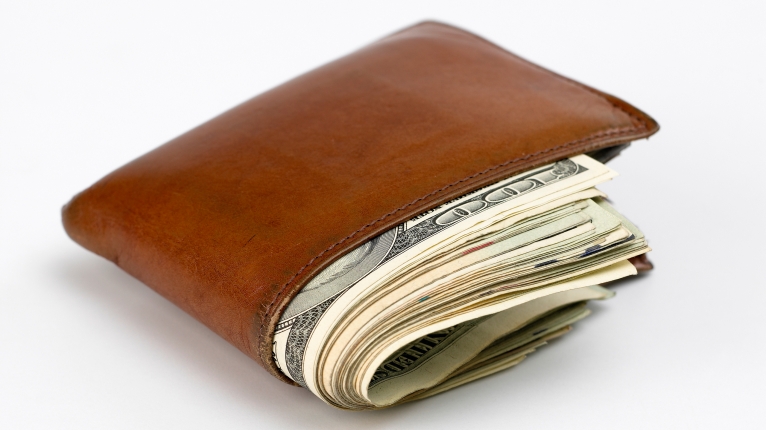
What does it mean to be frugal?
The word frugal sometimes has a negative connotation. However, being frugal just means being intentional with your money. If you find ways to spend less money on certain things, you will save money to spend on the things that are more important to you. Whether you’re hoping to buy a house or planning a special vacation, being frugal with your finances can help you achieve your goals. Here are a few tips to get you started:
Set a budget
A budget is a great way to get control of your finances and stay organized. The first step in setting a budget is to track how much money you are making. If you have a full-time job, remember to use your net income, not your salary. This is because taxes, Social Security, 401(k) contributions and other expenses come out of your salary. Also add any side jobs or investments that bring in income. Next, track your spending. First, list regular bills like utilities, mortgage payments or rent. Then make a list of your variable expenses like food, clothes and entertainment. You can use credit card or bank statements to determine how much you are spending on items in these categories.
Once you have your income and spending documented, it is easier to see where you might be able to cut back on your spending as you set a budget. Variable expenses can be easy to reduce by making small changes in your routine. For example, you could try cooking at home more often or buying second-hand clothes. Additionally, some fixed expenses, like insurance, might not be as fixed as they seem. Doing a little research about potentially lowering your insurance bill and other fixed expenses can be a great way to save. It’s important to keep checking in on your budget and making adjustments as your income and expenses fluctuate.
Automate your savings and investments
Automating your saving and investing is a great way to prioritize putting your money where it matters. When your paycheck comes in, it can be easy to fall into the habit of making purchases and paying bills, and then saving only what is left over. The problem with this method is that the amount of money you are putting into savings is not consistent. If you take the approach of “paying yourself first” by automating your savings and investments, your money will build up consistently, and you’ll hardly have to think about it.
Pay down debt
Paying down debt – whether it’s credit card debt, student loans or other debt – is a great way to get your finances on track. Carrying debt can be both a mental and financial burden. Plus, it can weigh down your credit score, which can make other parts of your financial life more difficult. There are a number of different strategies for getting out of debt. Some people tackle their highest-interest-rate debt first, while others opt to knock out the smallest balances first. The important thing is to make a realistic debt payment plan that will work for you and stick to it.
Do what works for you
It’s important to remember that there’s no one-size-fits-all way to be frugal. There are many different ways to successfully live a frugal lifestyle.
You can put your investments on auto pilot by setting automatic transfers from your bank account to your brokerage account or mutual fund. You can also start a Personal Investment Plan (PIP), which offers the option to regularly contribute to an equity type investment over the medium term.





























